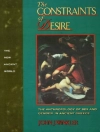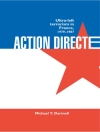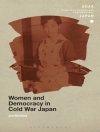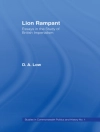This book provides an analysis of neo-liberal political economics implemented in Ireland and the deleterious consequences of that model in terms of polarised social inequalities, impoverished public services and fiscal vulnerability as they appear in central social policy domains – health, housing and education in particular. Tracing the argument into the domains where the institutions are sustained and reproduced, this book examines the movement of modern economics away from its original concern with the household and anthropologically universal deep human needs to care for the vulnerable – the sick, children and the elderly – and to maintain inter-generational solidarity. The authors argue that the financialisation of social relations undermines the foundations of civilisation and opens up a marketised barbarism. Civic catastrophes of violent conflict and authoritarian liberalism are here illustrated as aspects of the ‘rough beast’ that slouches in when things are falling apart and people become prey to new forms of domination.
Зміст
Introduction
Part I: Domestic economy
1. Ireland’s haunted houses
2. The values of house & home
3. Foundations of Europe’s collective household
Part II: Moral economy
4. Fair trade and free market
5. Political theologies in the wake of the Celtic Tiger
6. Conversion: turning towards a radiant idea
Part III: Political economy
7. Pleonexic tyranny in Plato’s Republic and in the Irish republic
8. Anamnesis for a New Ireland
Conclusion
Index
Про автора
Carmen Kuhling is a Senior Lecturer in Sociology at the University of Limerick












